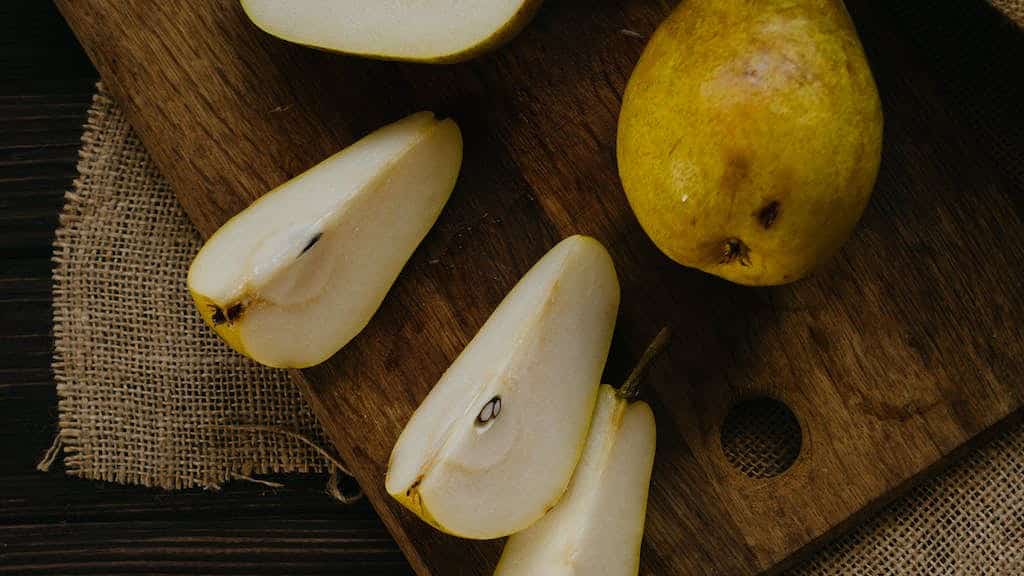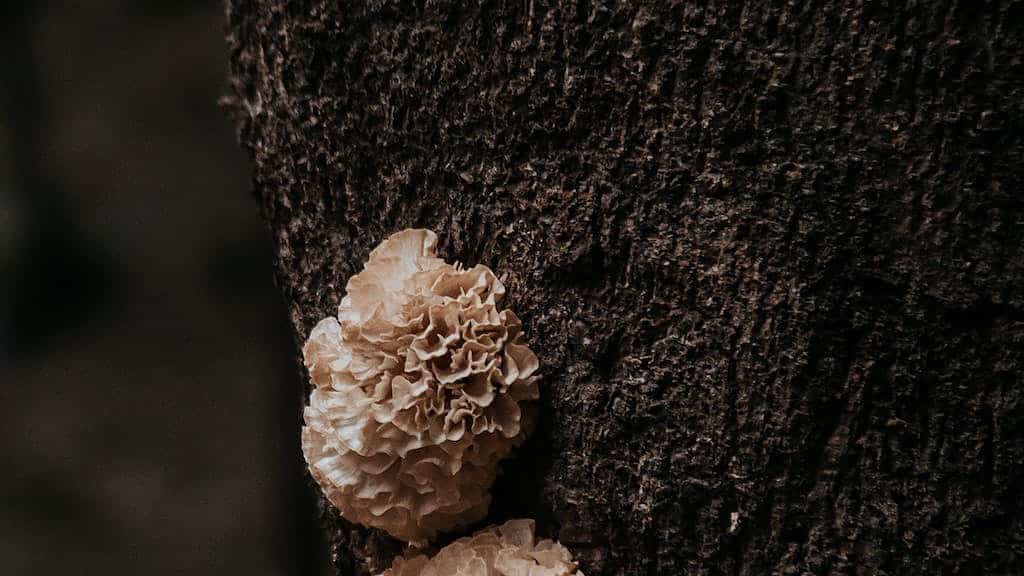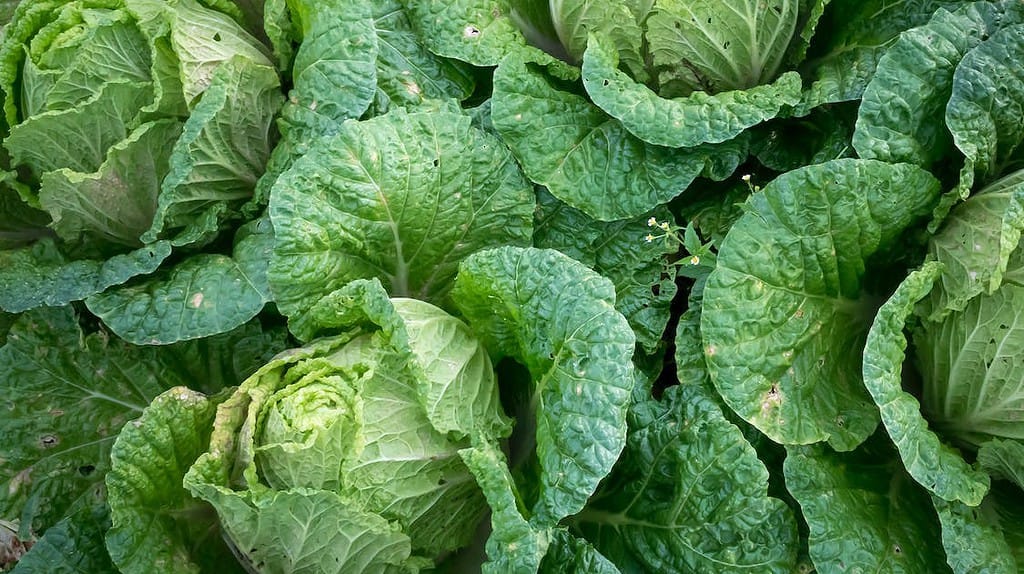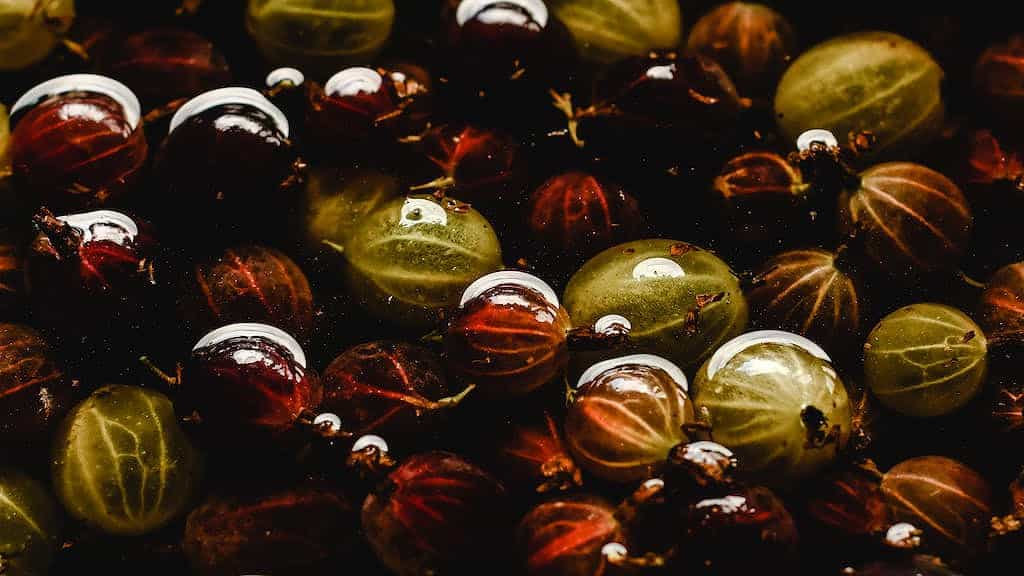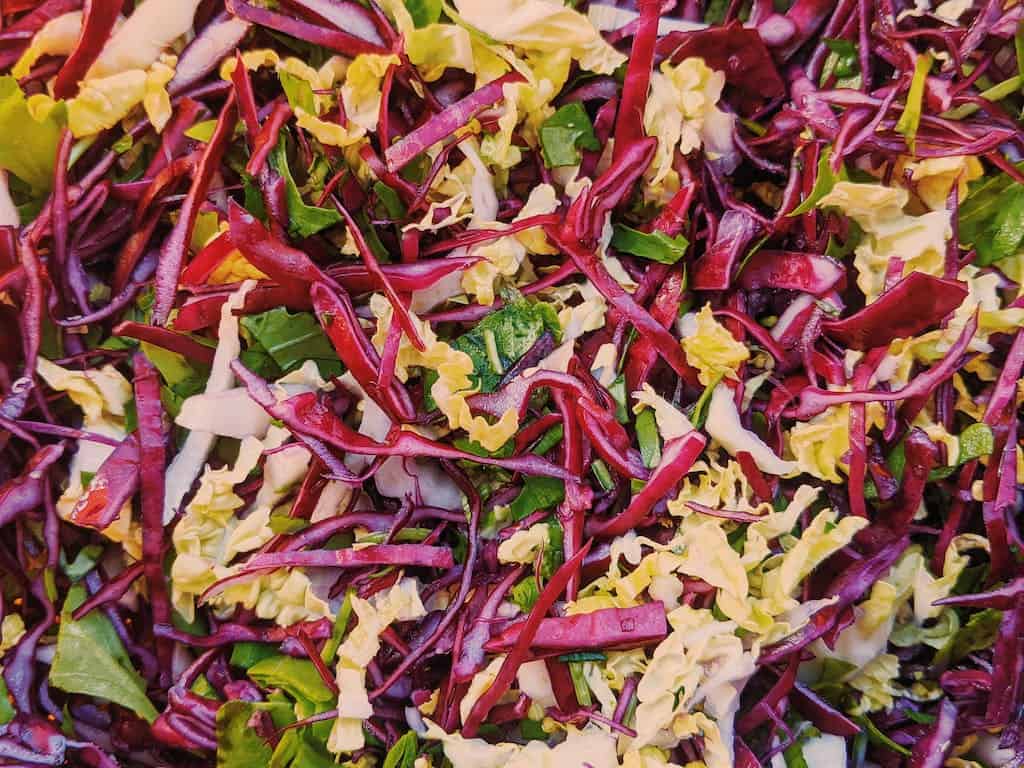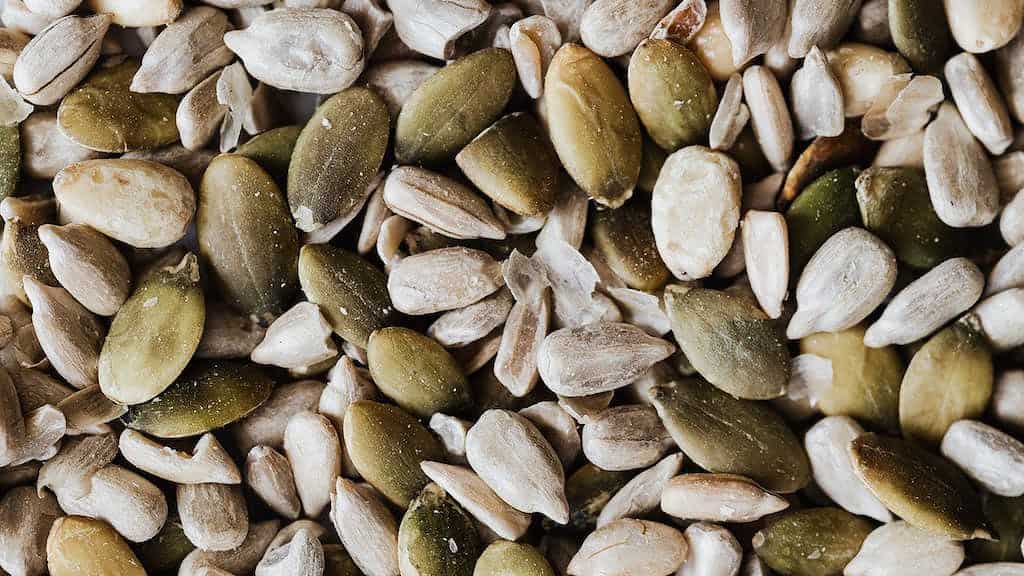Key Takeaways
- Dogs can eat fresh pears, but they should only be given in moderation as a treat or snack.
- Pears are a good source of vitamins, minerals, and fiber for dogs.
- Before feeding pears to your dog, remove the seeds and core as they can be harmful.
- Introduce pears to your dog’s diet gradually and observe any potential digestive issues.
- Always consult with your veterinarian before adding any new food to your dog’s diet.
- Ensure that the pears are ripe and soft enough for your dog to chew and digest easily.
- Monitor your dog for any signs of allergies or adverse reactions after consuming pears.
- Too much pear consumption may lead to gastrointestinal upset or an upset stomach in dogs.
- Remember that pears should never replace a balanced and complete diet for your dog.
Summary
Can dogs eat fresh pears? Yes, they can! Fresh pears can be a healthy and safe treat for your furry friend. However, there are some important factors to consider before feeding your dog this fruit. This article dives into the nutritional benefits of fresh pears for dogs, potential risks and precautions, and provides expert advice on how to incorporate pears into your dog’s diet. Whether you’re curious about the dos and don’ts of feeding pears to your canine companion or simply want to learn more about suitable fruit options, this article is worth reading for a comprehensive understanding of the topic.

Can Dogs Eat Fresh Pears?
1. Nutritional Benefits of Fresh Pears for Dogs
Fresh pears are a nutritious fruit that can offer several health benefits to dogs. Packed with vitamins A, C, and K, as well as fiber, pears can improve digestion and support a healthy immune system in dogs. These fruits are also low in calories and fat, making them a great option for dogs who need to maintain a healthy weight. However, it is important to note that pears should only be given as a treat or in moderation, as too much fiber can cause stomach upset in some dogs.
2. Preparing Fresh Pears for Your Dog
Before giving fresh pears to your dog, it is essential to prepare them properly. Start by washing the fruit thoroughly to remove any dirt, pesticides, or wax. Next, remove the skin and core as they can be difficult for dogs to digest and may pose a choking hazard. Cut the pear into small, bite-sized pieces to make it easier for your dog to chew and swallow. Finally, always serve the pear in moderation and watch for any signs of an adverse reaction or digestive upset. If your dog experiences any negative symptoms, discontinue feeding pears and consult your veterinarian.
3. Potential Risks and Considerations
While fresh pears can be a healthy addition to your dog’s diet, it is crucial to consider some potential risks. Pear seeds contain small amounts of cyanide, which can be toxic to dogs if consumed in large quantities. However, the cyanide levels in pear seeds are generally low and pose little risk when a dog accidentally ingests one or two seeds. Nevertheless, it is recommended to remove all seeds before offering fresh pears to your pet to eliminate any potential risk.
4. Monitoring Portion Control
Although fresh pears are generally safe for dogs, they should be given in moderation to prevent any digestive issues. Too much fruit can cause stomach upset, diarrhea, or even an upset glucose balance due to the natural sugars in pears. It is essential to monitor your dog’s portion control, especially if they have a sensitive stomach or are prone to digestive problems. Always introduce new foods gradually and observe how your dog reacts to them. Additionally, if you notice any digestive disturbances or changes in behavior after feeding pears, consult your veterinarian.
5. Allergic Reactions and Intolerances
While fresh pears are not known to be a common allergen for dogs, individual dogs may still develop allergic reactions or intolerances to this fruit. Signs of an adverse reaction may include itchiness, redness, swelling, vomiting, diarrhea, or breathing difficulties. If you suspect that your dog is experiencing an allergic reaction to pears, discontinue feeding them and seek immediate veterinary attention. Your veterinarian can perform allergy tests or provide guidance on suitable alternatives if necessary.
6. Other Fruits Suitable for Dogs
If your dog seems to enjoy fresh pears, several other fruits can be included in their diet for added variety and nutritional benefits. Some safe options for dogs include apples, bananas, blueberries, strawberries, and watermelon. However, always remember to clean, prepare, and serve these fruits in a dog-friendly manner, removing any seeds, pits, or skins that may be harmful. Additionally, not all fruits are safe for dogs, so it is crucial to research and consult your veterinarian before introducing any new fruits into your dog’s diet.
Recipes and Alternatives to fresh pears for dogs
Fresh pears can be a healthy and tasty treat for dogs, but it’s important to note that they should be given in moderation. Pears are high in sugar and fiber, which can cause digestive issues in dogs if consumed in large quantities. However, if your dog enjoys pears, here are some fresh pear recipes that you can try:
- Pear and peanut butter bites
- Frozen pear slices
- Pear and chicken jerky
If your dog shouldn’t eat fresh pears or if you’re looking for alternative foods, here are some dog-friendly options:
- Carrots
- Apples (without seeds or core)
- Blueberries
- Watermelon (seedless)
Can Dogs Eat Fresh Pears? – FAQ
1. Is it safe for dogs to eat fresh pears?
Yes, in moderation. Fresh pears are generally safe for dogs to eat as they are a healthy and nutritious fruit. They provide various vitamins, minerals, and antioxidants that can benefit your dog’s overall health.
2. Are there any risks associated with feeding fresh pears to dogs?
While pears are generally safe, there are a few considerations to keep in mind:
- Always remove the seeds and core before feeding pears to your dog. Seeds contain trace amounts of cyanide, which can be toxic when consumed in large quantities.
- Some dogs may have digestive sensitivities or allergies to pears. If your dog experiences any gastrointestinal distress or allergic reactions, it’s best to avoid feeding them pears.
3. Can dogs eat all types of pears?
Yes, dogs can eat various types of pears including green, red, and Asian pears. However, it’s important to introduce new foods gradually and observe how your dog’s body reacts to them.
4. How should I prepare fresh pears for my dog?
Here’s a simple way to prepare fresh pears for your dog:
- Wash the pear thoroughly to remove any dirt or chemicals.
- Peel the skin off the pear as it can be difficult for dogs to digest.
- Remove the seeds and core, as mentioned before, to avoid any potential health risks.
- Cut the pear into small, bite-sized pieces to make it easier for your dog to chew and swallow.
5. How much fresh pear can I feed my dog?
Moderation is key when it comes to feeding fresh pears or any treats to your dog. As a general guideline, you can give your dog a few small pieces of pear as an occasional treat alongside their regular balanced diet. Too much pear can cause digestive upset or diarrhea due to the fruit’s high fiber content.
6. Are there any specific benefits of feeding pears to dogs?
Yes, fresh pears can offer several benefits to your dog:
- Pears are a good source of dietary fiber, which can aid in digestion and promote regular bowel movements.
- Pears contain vitamins C and K, as well as potassium, which can support your dog’s immune system and overall health.
- The fruit’s antioxidants can help reduce inflammation and support cell health.
7. Are there any alternatives to fresh pears?
If your dog isn’t a fan of pears or you’re looking for alternative fruits, you can consider offering them other dog-safe fruits like apples, bananas, or blueberries. Remember to introduce new foods gradually and in moderation.
8. What should I do if my dog eats too much pear or shows any adverse reactions?
If your dog consumes an excessive amount of pear or displays any concerning symptoms such as vomiting, diarrhea, or difficulty breathing, it’s important to contact your veterinarian for guidance. They can provide proper advice based on your dog’s specific situation.
Conclusion
Based on the information presented, it is safe to say that dogs can indeed eat fresh pears. Pears are a great source of vitamins and fiber, which can be beneficial for dogs. However, moderation is key when it comes to feeding any new food to your furry friend. It is important to introduce pears slowly and in small quantities to ensure your dog’s digestive system can handle it. Additionally, make sure to remove the seeds and core as they can be a choking hazard. As always, consult with your veterinarian before making any changes to your dog’s diet.
📚 Sources:
